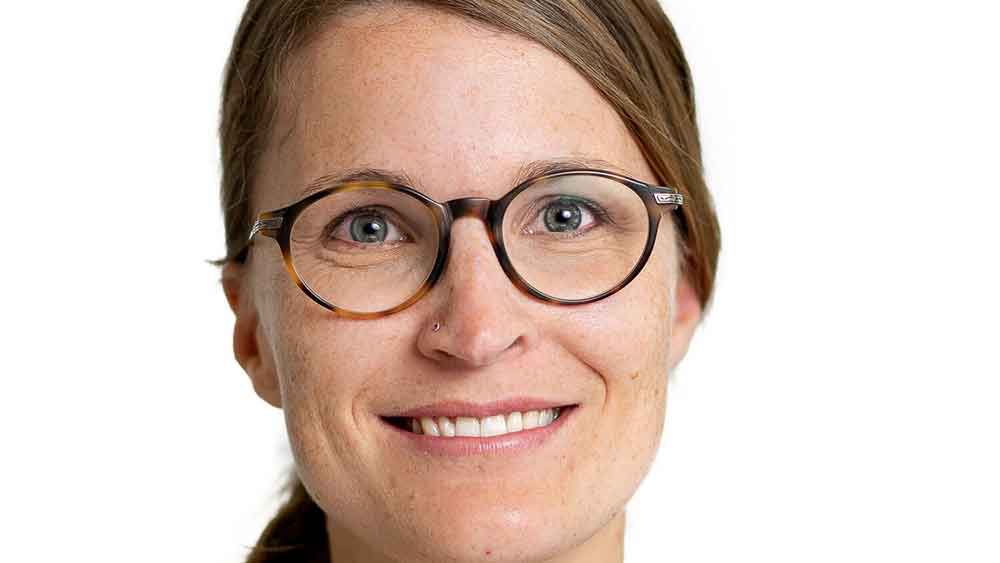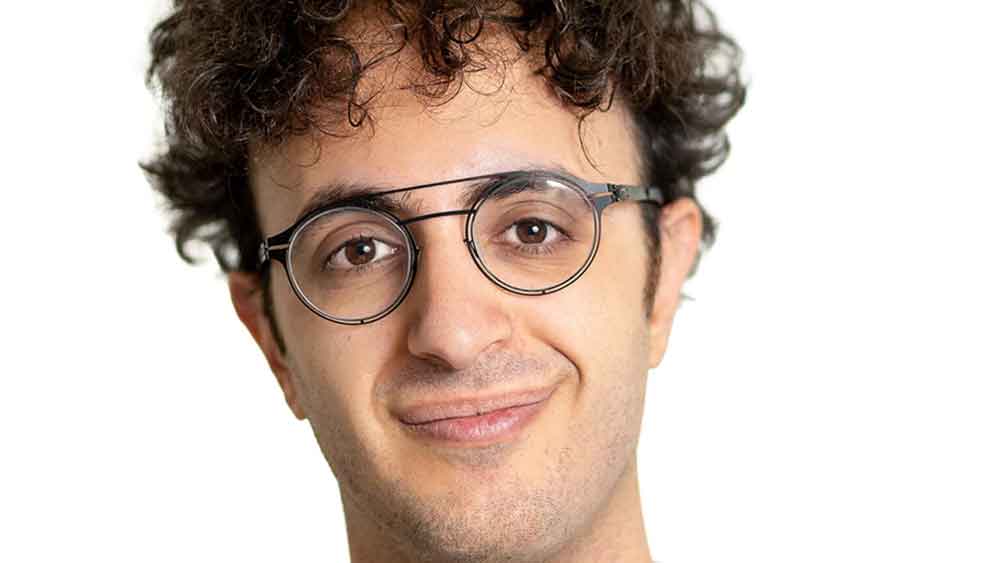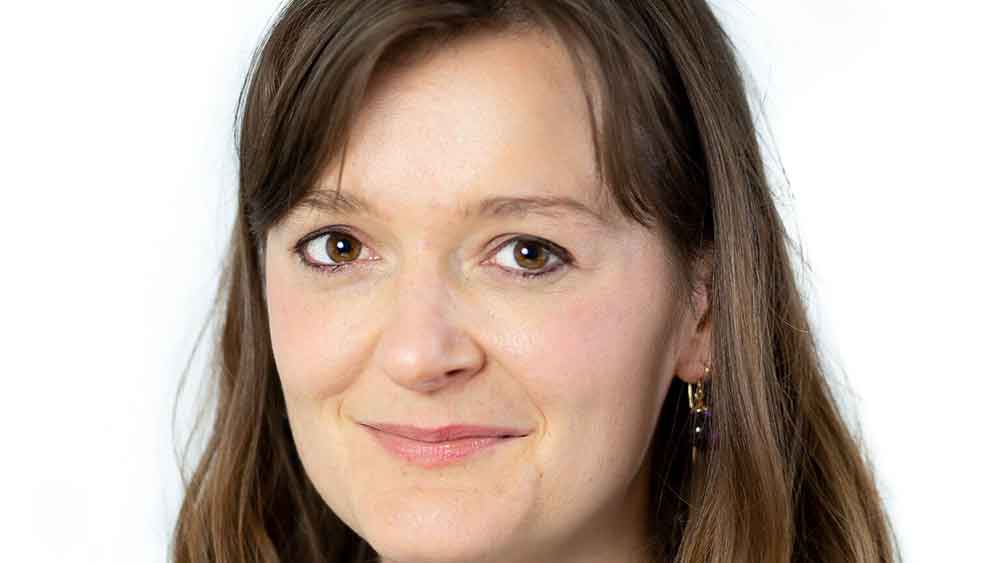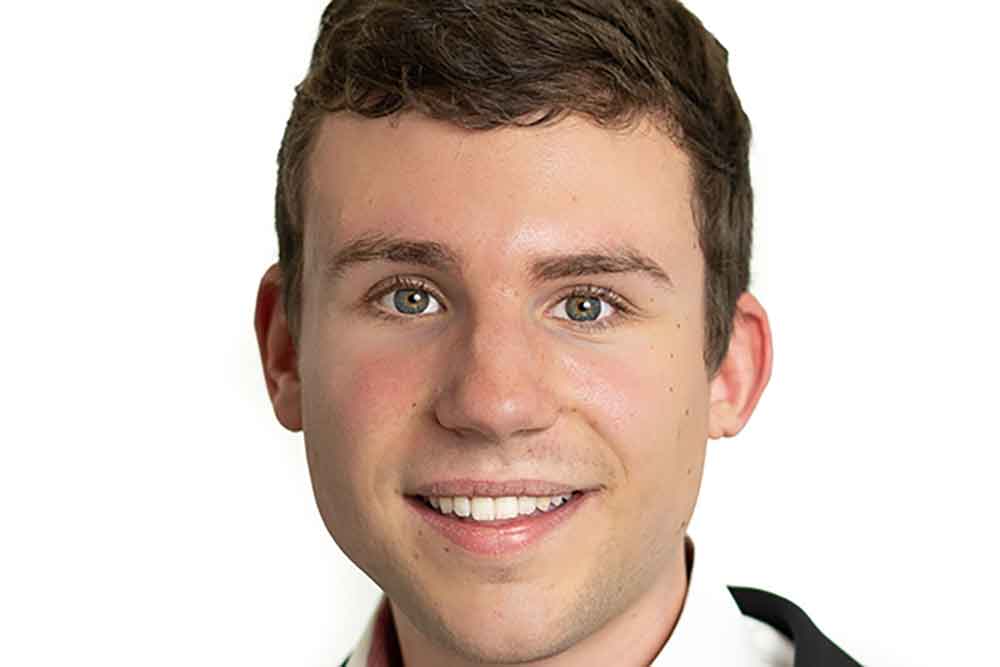Award-winning junior researchers
When the end of life approaches, not only the dying themselves, but also their relatives and caregivers are confronted with special challenges. Modern palliative care also integrates spiritual aspects, so-called spiritual care. In Switzerland, it is often taken over by church pastors. Today, however, fewer and fewer people belong to a church, and alternative religious practices such as meditation are enjoying increasing popularity.
The starting point for Barbara Zeugin's dissertation is examining the effect of the change in religious and spiritual attitudes towards the end of life. The scholar of religious studies researched what a churchless, but nevertheless religious accompaniment to death looks like in concrete terms. Her qualitative social science research was based on participatory observation and numerous interviews with patients and specialists at a hospice and an anthroposophic hospital. She pointed out that alternative-religious accompaniment goes far beyond the common understanding of spiritual care.
Therapists support the "letting go" of the dying physically and metaphysically with physiotherapy and breathing therapy or rhythmic massage. Since body-oriented therapies often only have an implicit religious reference, they can be connected to a wide variety of worldviews. According to Barbara Zeugin: "Since the majority of alternative-religious practices are body-oriented, alternative care for the dying lacks conversation-oriented religious support".
For her work, the religious scholar was awarded the Mercator Award in the area of Arts and Social Science.
Mutations in the genome of a cell can cause diseases such as cancer. There are many ways in which normally functioning cells can mutate into cancer cells. About 500 cancer genes are known to promote uncontrolled cell growth. However, their biological function is still insufficiently explained and little is known about how they contribute to the survival of cancer cells. Federico Teloni successfully pursued this question in his dissertation. Using quantitative high-throughput microscopy, the cell biologist observed how individual cells deal with DNA damage.
"I was able to identify a number of cancer-relevant genes that influence the resilience of DNA replication and that might one day serve as biomarkers for future preclinical and clinical cancer research", explains Teloni. In addition, the junior researcher discovered a novel mechanism that generates a specific replication stress that leads to DNA damage in cancer cells.
During his four years as a PhD candidate, Federico Teloni was instrumental in several successful international research collaborations. The results of his research, which received the Mercator Award for Medicine and Science, were published in the renowned journal Molecular Cell
The Mercator Award in the area of Law and Economics goes to Alessia Dedual. Her research dealt with an everyday problem: the small print in general terms and conditions. In our everyday lives we constantly encounter it - for example when opening a bank account or signing up for a mobile phone subscription. Even lawyers sometimes sign such contracts without considering the small print.
Since they know that general terms and conditions are often not read, authors are sometimes tempted to formulate the contents of the contract in their favor. It is for the courts to review such improper terms and conditions. In her dissertation, Alessia Dedual examined the correct legal consequences of dealing with general terms and conditions. The Federal Supreme Court has not yet ruled on this.
As attorney Dedual pointed out on the basis of an economic analysis, the traditional legal consequences are not sufficient to induce the authors of general terms and conditions to comply with the law. "The general terms and conditions should therefore already have been examined by the courts when they come onto the market. This is the only way for customers to accept them without worrying - even without knowing the small print," explains Alessia Dedual. Her dissertation "Geltungserhaltende Reduktion" was published by the Verlag Mohr Siebeck.
Special award of the jury
The jury awards a special award to the PhD candidate Frank Schindler. Frank Schindler's scientific work has quickly shaped a new field in theoretical physics.
The junior researcher used mathematics and quantum physics to research crystals with interesting properties. In the theoretical model, he was able to identify a new type of material that can conduct current not at the surfaces but at the crystal edges, so-called higher-order topological insulators. These are particularly interesting because the electronically conducting edges are extremely robust: Impurities or disorder in the crystal do not stop the electron flow, the current can be conducted without resistance. This property of resistance-free conductivity cannot be found in the topological insulators with conductive surfaces known to date.
In a series of papers published in renowned scientific journals, the theoretical physicist predicted that these topological materials also exist in nature. This is elementary bismuth: "On the basis of analytical calculations and computer simulations, we were able to identify bismuth as a higher-order topological insulator," explains Frank Schindler. In collaboration with two research groups from Princeton and Paris, his results were experimentally confirmed.
Exciting possibilities arise in connection with topological materials: Topological insulators could be used as hardware for electronic devices with so-called post-silicon technology. In addition, topological insulators could be used for a future quantum computer - together with superconducting and magnetic elements.



